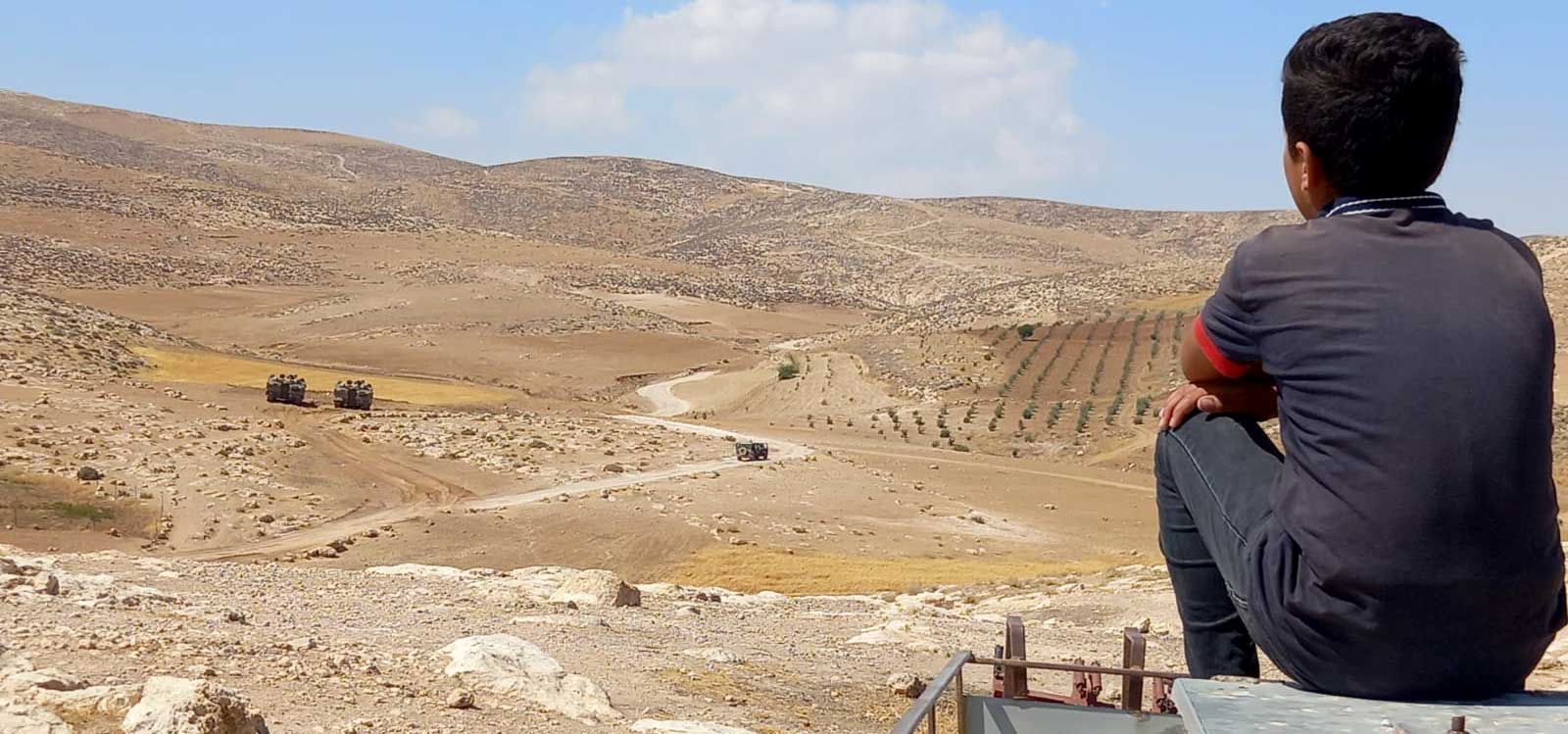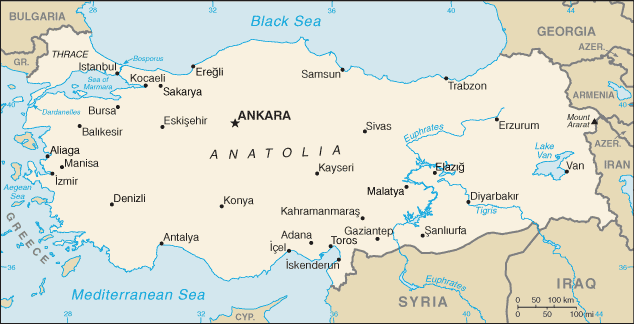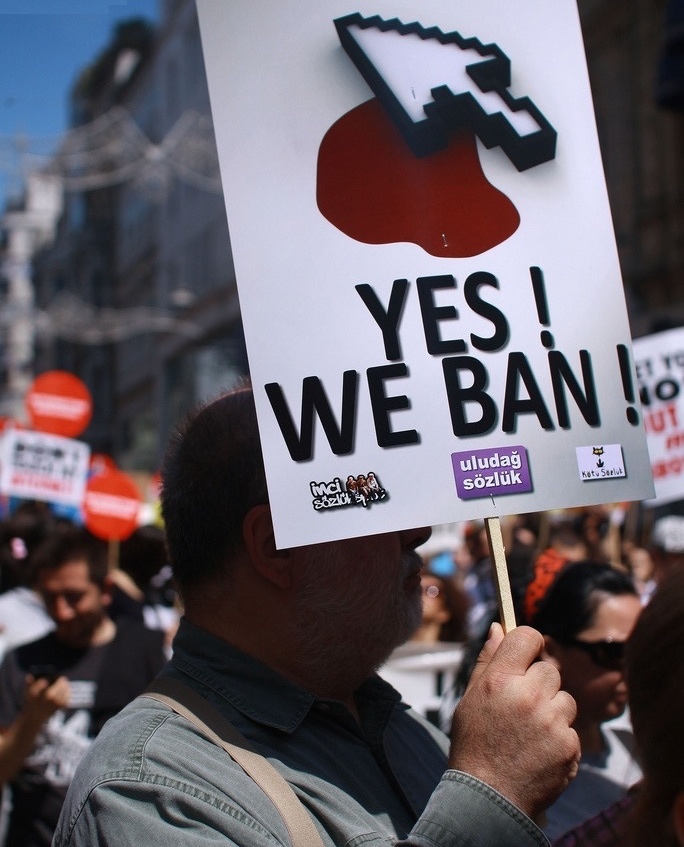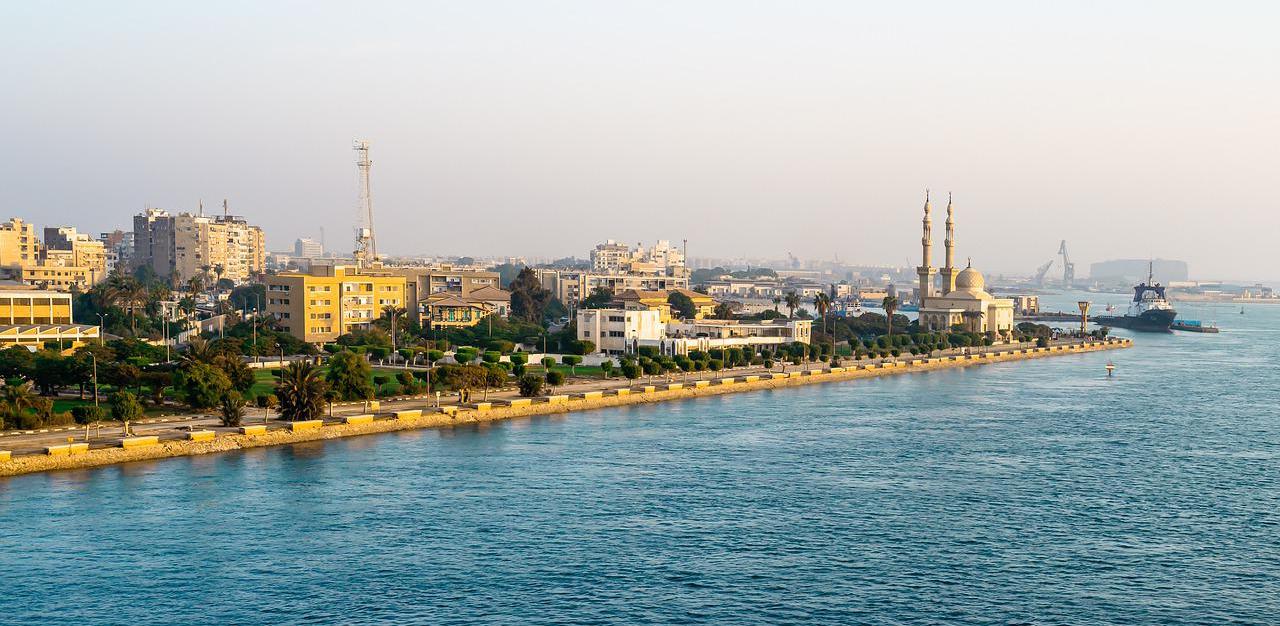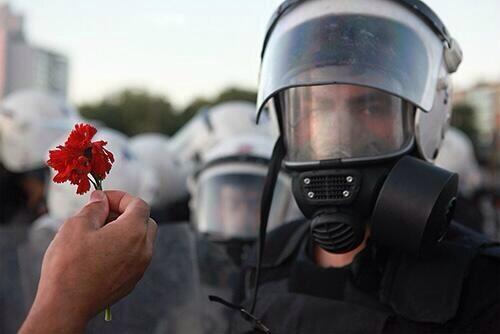
Will Iran-Saudi deal end Yemen’s war?
As part of its China-brokered deal to re-establish diplomatic relations with Saudi Arabia, Iran has reportedly agreed to stop arming Yemen’s Houthi rebels. Officially, Tehran denies arming the rebels, who are fighting forces aligned with Yemen’s internationally recognized government—including a Saudi- and UAE-led coalition. Many have portrayed the conflict in Yemen as a proxy war between Iran and Saudi Arabia. It’s actually far more complicated than that: the violence is rooted in real grievances, and political and military alliances are also at play at a much more local level. Powerful Yemeni actors—all vying for a stake in the country’s future—have been left out of official peace talks. (Map via University of Texas)



